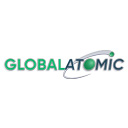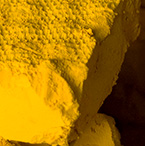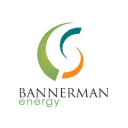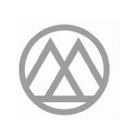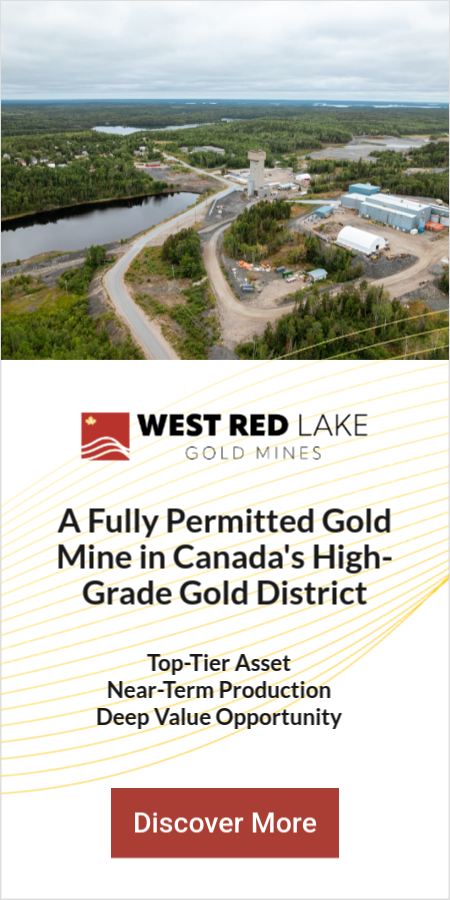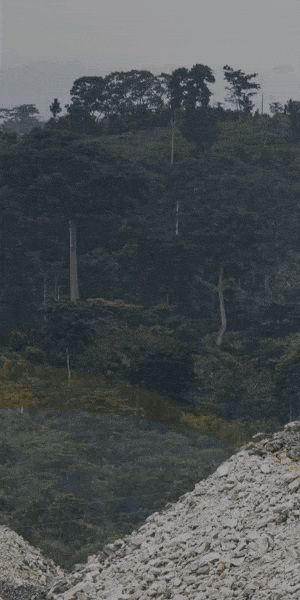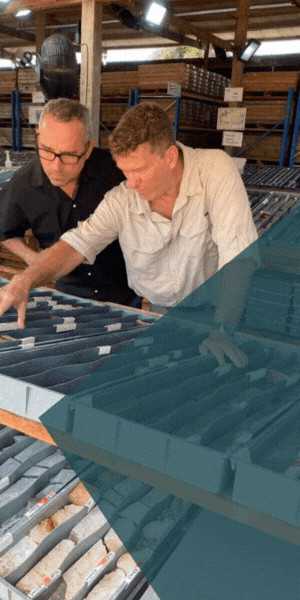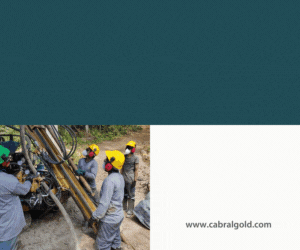Niger's Mining Landscape: Recent Developments & Contrasting Outcomes
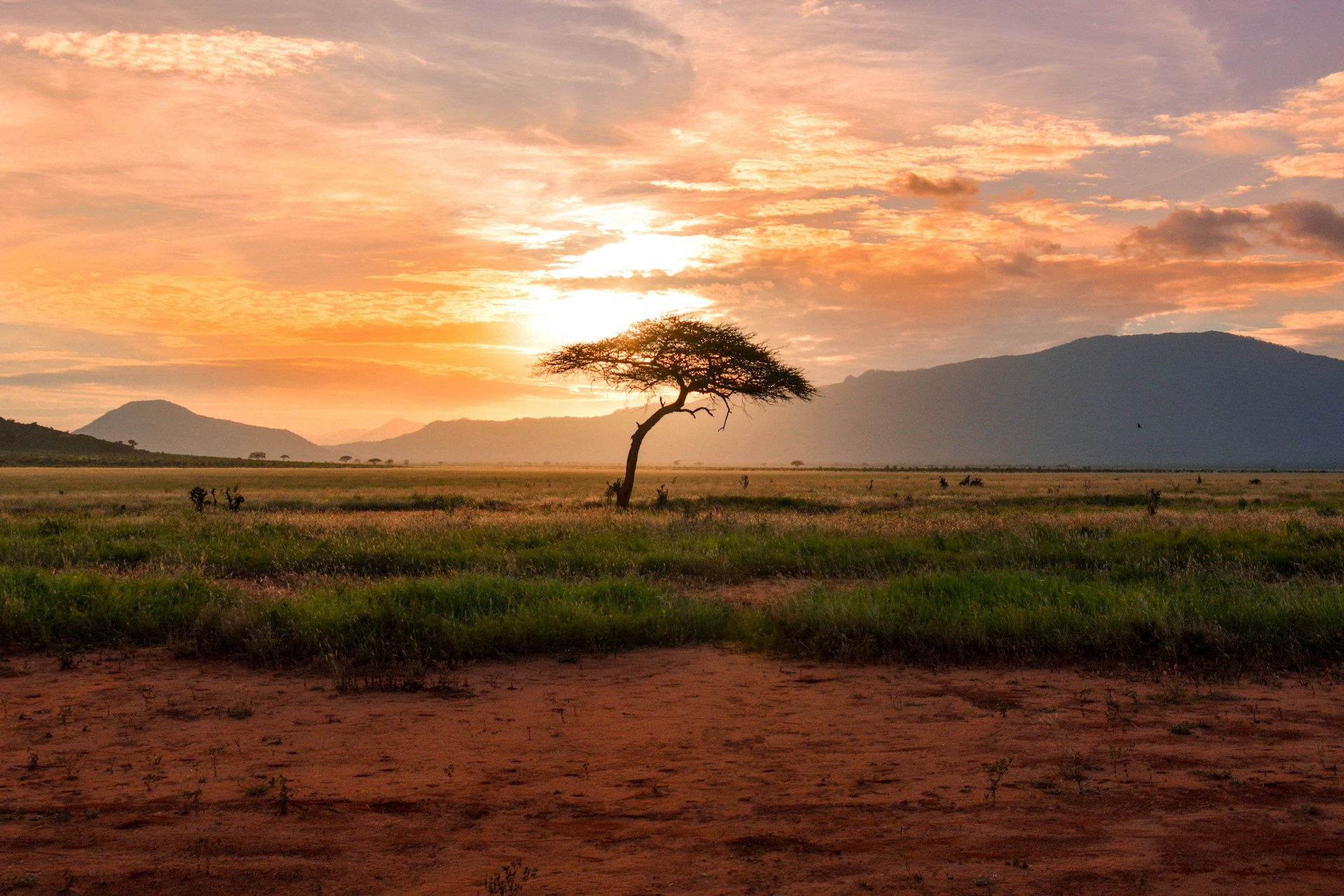
Niger revokes GoviEx's uranium mining permit while Global Atomic advances. Explore the contrasting outcomes and implications for the mining industry in Niger.
- Niger government revokes GoviEx's mining permit for the Madaouela uranium project in July 2024.
- Global Atomic continues to advance its Dasa uranium project with reported government support.
- Niger's mining regulations require permit holders to begin actual mining within two years.
- Contrasting outcomes highlight the importance of active project management and government relations.
GoviEx's Mining Permit Revoked in Niger
On July 4, 2024, GoviEx Uranium faced a significant setback when the Niger government revoked its rights to the Madaouela mining permit. Since 2007, the company has invested substantially in the Madaouela project, completing 650,000 meters of drilling and publishing a feasibility study in 2022.
The revocation didn't come without warning. In April, the Niger government issued an ultimatum to GoviEx, stating that the company could lose its mining permit if it failed to commence mining operations by July 3. The realization of this warning caused GoviEx's share price to plummet by 35% - the most significant single-day decline the company had experienced in eight years.
This development raises questions about the future of the Madaouela project, which was poised for development according to GoviEx. The company had estimated an initial capital expenditure of US$343 million for the asset, which was expected to create up to 800 jobs over its 20-year mine life while providing substantial royalty payments and taxes to the Niger government.
Niger's Mining Permit Regulations
To understand the context of these events, it's crucial to examine Niger's mining permit regulations. The country grants mining permits for renewable 10-year periods, but with a significant caveat: actual mining activity must begin within two years of receiving the permit. This requirement is more stringent than it might initially appear, as the government's definition of "mining activity" is quite specific.
According to Niger's regulations, activities such as drilling, mine design, and various feasibility studies - while undoubtedly crucial for mine development - do not constitute mining activity. This distinction is critical, as it sets a clear expectation for permit holders to move beyond the planning and exploration phases into actual production within a relatively short timeframe.
These regulations reflect Niger's desire to ensure that its mineral resources are actively developed rather than held indefinitely by companies without tangible progress. However, they also present significant challenges for mining companies, particularly in an industry where the journey from exploration to production can often span many years and involve complex technical, financial, and regulatory hurdles.
Global Atomic's Progress with the Dasa Project
In stark contrast to GoviEx's situation, Global Atomic Corporation has been making notable strides with its Dasa Project in Niger. The company received its mining permit in December 2020 and has since demonstrated substantial progress in mine development, aligning closely with Niger's expectations for active mining projects.
A significant milestone was reached in November 2022 when Global Atomic held its opening blast, marking the beginning of its ramp down to the ore body. This event, attended by numerous regional dignitaries including the then-prime minister and representatives from the Mines Ministry, signaled the transition from planning to actual mining activity. Since then, the Dasa mining team have completed over 1,000 meters of underground development and is actively preparing stopes for mining. Perhaps most notably, over 7,000 tonnes of development ore now sits on the surface, ready for processing - a tangible demonstration of the project's progress.
Global Atomic's achievements extend beyond mere excavation. The company is positioning Dasa as the only greenfield uranium mine under development in the world today, with processing plant commissioning targeted for the end of 2025. This progress not only satisfies Niger's regulatory requirements but also places Global Atomic at the forefront of new uranium production globally.
Government Engagement with Mining Projects
The contrasting fortunes of GoviEx and Global Atomic in Niger highlight the critical importance of government relations in the mining sector, especially in for cash-constrained public companies in difficult market conditions. Global Atomic has reported strong support from Niger's government, particularly from the Mines Minister.
In a series of announcements, Global Atomic has emphasized the positive nature of its interactions with Niger's officials. The company's President and CEO, Stephen G. Roman, has spoken about productive meetings with the Mines Minister and other dignitaries. These interactions have not been limited to office discussions; the Mines Minister personally visited the Dasa site in early May 2024, providing an opportunity to witness the project's progress firsthand.
A recent comment from Roman:
"Dasa enjoys strong support from the Government of Niger as well as major world electric utilities, who have signed significant offtake agreements with Global Atomic. The benefits to the Republic of Niger will be significant through both their 20% ownership position in the Project as well as employment, taxation and royalties. The Dasa Project will revitalize the uranium sector in Niger and put it among the top 5 producing countries in the world.”
This level of engagement and expressed support from government officials underscores the importance Niger places on active, progressing mining projects. It also highlights how companies that can demonstrate tangible progress may be viewed more favorably in the current regulatory environment.
Differing Approaches to Project Development
The contrasting situations of GoviEx and Global Atomic in Niger offer valuable insights into different approaches to project development in the mining industry, particularly in challenging jurisdictions.
Global Atomic's success thus far appears to stem from its proactive approach to meeting Niger's regulatory requirements. By quickly transitioning from the exploration and planning phases to actual mining operational activity, the company has aligned itself closely with the government's expectations. This approach not only satisfies regulatory demands but also demonstrates a commitment to bringing the project to fruition in a timely manner. Moreover, Global Atomic's engagement with government officials at various levels seems to have fostered a cooperative relationship. Regular communication and site visits have allowed government representatives to see the project's progress firsthand, potentially building trust and support for the company's operations.
On the other hand, GoviEx's experience highlights the potential risks of a more prolonged development timeline. Despite significant investments in exploration and studies, the lack of commencement of actual mining activities within the government's expected timeframe ultimately led to the loss of their permit.
These differing outcomes underscore the importance of understanding and adapting to local regulatory environments, maintaining open lines of communication with government stakeholders, and demonstrating tangible progress in mine development.
Evolving Dynamics in Niger's Mining Sector
The recent events in Niger's mining sector illustrate the complex and evolving relationship between mining companies and host governments. The revocation of GoviEx's permit for the Madaouela project, juxtaposed with Global Atomic's continued progress at Dasa, highlights the potential volatility and opportunities present in the country's mining industry. These developments may signal a shift in Niger's approach to managing its mineral resources, with a greater emphasis on active development and production rather than long-term holding of permits. This could have significant implications for other mining companies operating or considering operations in the country.
Global Atomic's experience provides one potential roadmap for success in this environment. Their reported engagement with local governments, demonstration of consistent project progress, and alignment with regulatory expectations offer insights into one approach to navigating the challenges of mining in Niger.
As the global uranium market continues to evolve, driven by increasing demand for nuclear energy, the experiences of companies like GoviEx and Global Atomic in Niger may provide valuable lessons for the broader industry. The contrasting outcomes for these companies underscore the potential importance of active project development, strong government relations, and adaptability to local regulatory environments in the mining sector.
While challenges clearly exist, Niger's uranium resources remain attractive to the global market. How the country balances its desire for active resource development with the need to attract and retain foreign investment will likely shape the future of its mining sector. For mining companies, the ability to navigate this complex landscape may well determine their success or failure in this resource-rich nation.
Africa's Mineral Wealth: Mining Beyond Niger
Africa is host to nearly half of the world's gold and a third of all minerals. From Nigeria's petroleum to Ghana's gold, and from the Democratic Republic of Congo's cobalt to Botswana's diamonds, Africa's mineral wealth is both diverse and abundant. In 2019 alone, the continent produced almost 1 billion tonnes of minerals valued at $406 billion. This rich endowment of resources presents both opportunities and challenges for African nations, as they navigate the complexities of resource management, economic development, and international partnerships in the mining sector. Understanding this broader context helps to situate Niger's evolving uranium industry within the larger tapestry of African mining.
Mining Companies Operating in Africa
Bannerman Energy is an Australian-listed uranium development company focused on its flagship Etango Project in Namibia's Erongo Region. Since 2005, the company has conducted extensive exploration and feasibility studies on the large-scale uranium resource at Etango. Initially planning a 20Mtpa operation, Bannerman has since completed a Definitive Feasibility Study for an 8Mtpa development in December 2022, which demonstrated the project's technical and economic viability. The company received its Mining License in December 2023 and has begun early development works. Bannerman is currently progressing Front-End Engineering and Design studies, along with offtake and project finance activities, aiming for a Final Investment Decision in 2024. The company has also completed a Scoping Study in February 2024 exploring future expansion options, including increasing throughput to 16Mtpa or extending the mine life. Bannerman emphasizes its commitment to environmental and social responsibility in Namibia, a country with a strong history of uranium production and favorable conditions for mining development.
Deep Yellow is an ASX-listed uranium development company with a dual-pillar strategy aimed at becoming a global tier-1 uranium producer. Led by industry veteran John Borshoff and chaired by Chris Salisbury, the company boasts a highly experienced management team. Deep Yellow's portfolio includes two advanced projects: Tumas in Namibia and Mulga Rock in Western Australia, both located in Tier-1 uranium jurisdictions. The company recently completed a review of the Tumas Definitive Feasibility Study, received a mining license for the project, and is targeting a Final Investment Decision in Q3 2024. A revised DFS for Mulga Rock is scheduled to commence in Q2 2024. Deep Yellow also maintains a prospective exploration portfolio in Namibia and Australia's Northern Territory. The company is positioning itself to capitalize on the growing global demand for nuclear energy, aiming to provide production optionality, supply security, and geographic diversity in the expanding uranium market.
Endeavour Mining is a leading West African gold producer with operations across multiple countries in the region. The company operates four gold mines and has several development projects in its portfolio, with a production guidance of 1,130-1,270 koz for 2024 at an All-In Sustaining Cost of $955-1,035/oz. Endeavour has a strong focus on exploration, with a target to discover 12-17 Moz of indicated resources between 2021-2025. The company has recently completed expansions at its Sabodala-Massawa mine and is nearing completion of its new Lafigué project. Endeavour emphasizes operational excellence, project development, and active portfolio management, while also prioritizing ESG initiatives and maintaining a commitment to being a trusted partner in its operating regions. The company has a market capitalization of approximately $5.34 billion as of June 2024 and has implemented a shareholder returns program including dividends and share buybacks.
Perseus Mining is a West African gold producer with three operating mines: Yaouré and Sissingué in Côte d'Ivoire, and Edikan in Ghana. In the March 2024 quarter, the company produced 127,471 ounces of gold at an all-in site cost of $1,091/oz, generating a notional cashflow of $119 million. Perseus has a strong financial position with $702 million in cash and bullion and zero debt. The company is on track to meet its FY2024 production guidance of 491,000-517,000 ounces at an AISC of $1,000-$1,100/oz. Perseus is actively pursuing growth through the exploration at its existing properties and through acquisitions, including the recent takeover of OreCorp Limited to gain control of the Nyanzaga Gold Project in Tanzania. The company also maintains a focus on sustainability and community engagement in its operating regions.
Resolute Mining is an established gold mining company with a significant presence in West Africa. The company has over three decades of experience in the gold mining industry, having operated ten mines that have collectively produced more than 9 million ounces of gold. Currently, Resolute operates two producing gold mines: the Syama Gold Mine in Mali and the Mako Gold Mine in Senegal. The Syama mine is a long-life asset featuring both underground and open pit operations, with separate processing circuits for sulphide and oxide ores. Mako, acquired in August 2019, is described as a high-quality open pit gold mine. In addition to its producing assets, Resolute maintains an active exploration program across its tenements in Mali, Senegal, and Guinea, aiming to expand its resource base.
Analyst's Notes




Subscribe to Our Channel
Stay Informed










